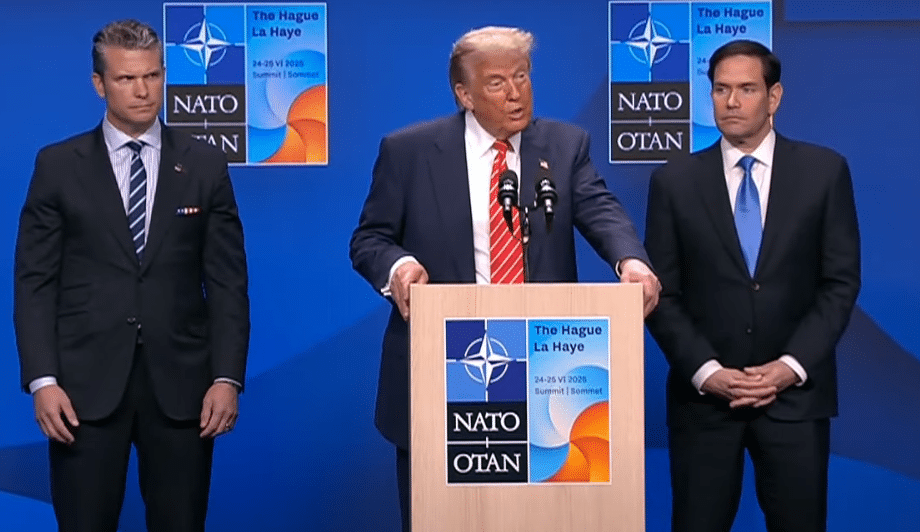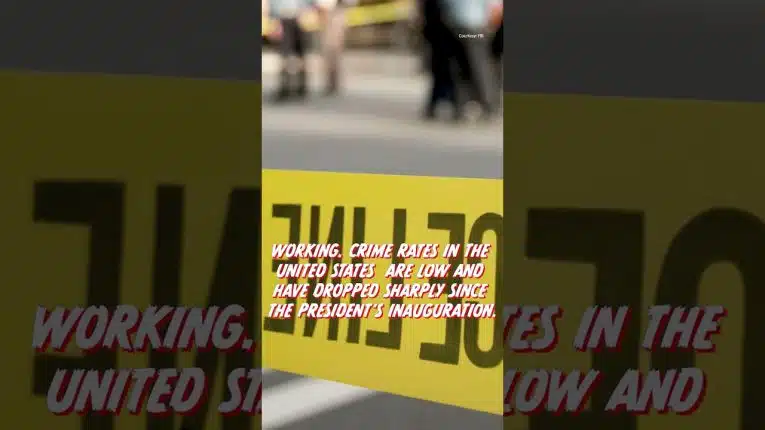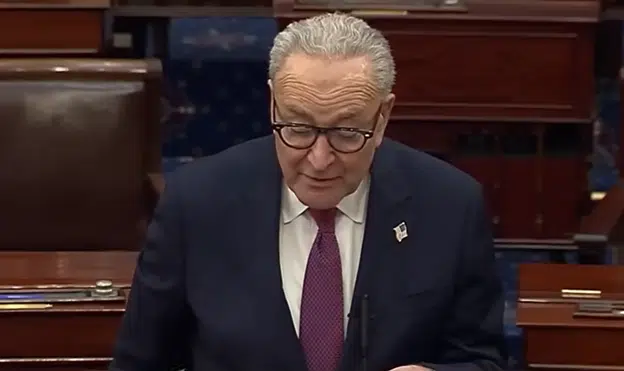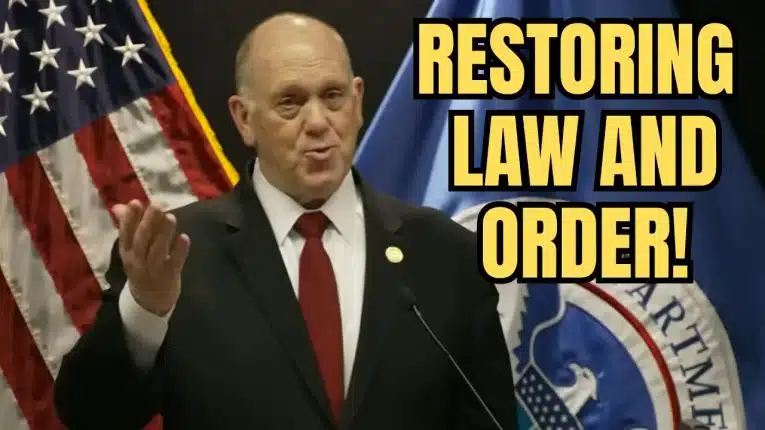
President Donald Trump’s June 23 declared ceasefire between Israel and Iran in what the President is calling the Twelve Day War appears to be holding (for now) after a bumpy start, as both sides accused the other of violating the terms of the agreement, but now with both saying they will respect the ceasefire as long as the other side does after Trump rebuked both sides.
The tenuous truce comes three days after President Trump’s ordered June 21 air strikes against Iran’s nuclear enrichment facilities, assisting Israel in its campaign that began June 13.
Now, U.S. Special Envoy to the Middle East Steve Witkoff says that talks between the U.S. and Iran have resumed seeking “a comprehensive peace agreement”, telling Fox News’ Laura Ingraham on June 24, “The president has said unequivocally that he wants to see — and he’s hopeful for — a comprehensive peace agreement that goes beyond even the ceasefire… We’re already talking to each other, not just directly, but also through interlocutors. I think that the conversations are promising.”
In the meantime, President Trump on June 23 transmitted a War Powers Resolution letter to Congress outlining the strikes: “The strike was limited in scope and purpose. The United States discretely targeted three Iranian nuclear facilities. Iranian troops and other military facilities were not targeted. No United States ground forces were used in the strike, and the mission was planned and executed in a manner designed to minimize casualties, deter future attacks, and limit the risk of escalation.”
And Trump outlined his authorities to do so involved, consistent with previous presidential administrations: “I directed this military action consistent with my responsibility to protect United States citizens both at home and abroad as well as in furtherance of United States national security and foreign policy interests. I acted pursuant to my constitutional authority as Commander in Chief and Chief Executive and pursuant to my constitutional authority to conduct United States foreign relations.”
And Trump said the U.S. “stands ready for further action” if needed: “The United States took this necessary and proportionate action consistent with international law, and the United States stands ready to take further action, as necessary and appropriate, to address further threats or attacks.”
That is peace through strength, as President Trump demonstrated the U.S. is ready and willing to act militarily if it must to protect its interests, including destroying Iran’s nuclear enrichment programs by force if a more permanent agreement cannot be reached. Trump is retaining the credible threat of force. Congress doesn’t need to do a thing (except maybe take notes).
Without the ability to defend against further air strikes, this gives Iran every incentive to sit down to come to grips with reality: Tehran will not be allowed to get nuclear weapons.
The conflict began after the International Atomic Energy Agency (IAEA) found Iran to be in violation of the treaty on June 12 by barring weapons inspectors in violation of the Nuclear Non-proliferation Treaty that prohibits non-nuclear-weapon states from “manufactur[ing] or otherwise acquir[ing] nuclear weapons or other nuclear explosive devices…”
To verify compliance, the treaty requires IAEA inspections of nuclear facilities: “Each non-nuclear-weapon State Party to the Treaty undertakes to accept safeguards, as set forth in an agreement to be negotiated and concluded with the International Atomic Energy Agency in accordance with the Statute of the International Atomic Energy Agency and the Agency’s safeguards system, for the exclusive purpose of verification of the fulfilment of its obligations assumed under this Treaty with a view to preventing diversion of nuclear energy from peaceful uses to nuclear weapons or other nuclear explosive devices.”
At the moment, it is an open question if the IAEA will be able to resume its work, including assessing damage to the facilities that were hit by the U.S. and Israel, and otherwise providing a framework — perhaps Trump’s previously proposed nuclear fuel imports for Iran — to avert any further weaponization concerns.
Now, the President sounds optimistic that the ceasefire will continue holding, speaking at a press conference at the NATO Summit in the Netherlands on June 25, Trump said, “It was a twelve-day war and we think it’s over. I don’t think they are going to be going back at each other. I don’t think so. Not only have we dealt with critical threat of Iran’s nuclear program which is what I wanted. I said Iran cannot have a nuclear weapon. I said that for 15 years, long before I decided to do the political thing. But we’ve also asserted the credibility of American deterrence, which is like no other.”
Trump was also optimistic that Iran would forego its nuclear ambitions, stating, “Iran has a huge advantage. They have great oil and they can do things—I don’t see them getting back involved in the nuclear business anymore. I think they’ve been at it for 20 years and I don’t see that happening either. If it does, we’re always there… We’ll have to do something about it.”
Trump added, “The way I look at it, they fought, the war is done. I could get a statement that they are not going to go nuclear. They are not going to be doing it but they are not going to be doing it anyway.” Trump then asked Secretary of State Marco Rubio on stage, “Do you want to draw up a little agreement for them to sign? Because I think we can get them to sign it.”
Secretary of State Rubio said he was ready to get back to the table, stating, “I don’t know of any president as willing as he has to talk about peace. We’d love to have peaceful relations with every country in the world. That will depend on Iran’s willingness not just to engage in peace but to work with the United States. I know of no president in our modern history that’s sought peace more than President Trump has.”
Trump then jumped in and said more talks were planned, stating, “We’re going to talk to them next week—with Iran. We may sign an agreement. I don’t know. To me, I don’t think it’s that necessary. They had a war, they fought. Now they are going back to their world. I don’t care if I had an agreement or not. The only thing we would be asking for is we want no nuclear. But we destroyed the nuclear. It’s destroyed. I said Iran will not have nuclear. Well, we blew it up. It’s blown up to kingdom come and I don’t feel very strongly about it. We get a document, it wouldn’t be bad. We’re going to me them, actually. We’re going to meet them.”
Time will tell if the new talks are much different than the 60-day talks that failed. Following the June 21 devastating air strikes, now there’s one big difference. Now the Iranians know Trump means business.
Robert Romano is the Executive Director of Americans for Limited Government Foundation.





